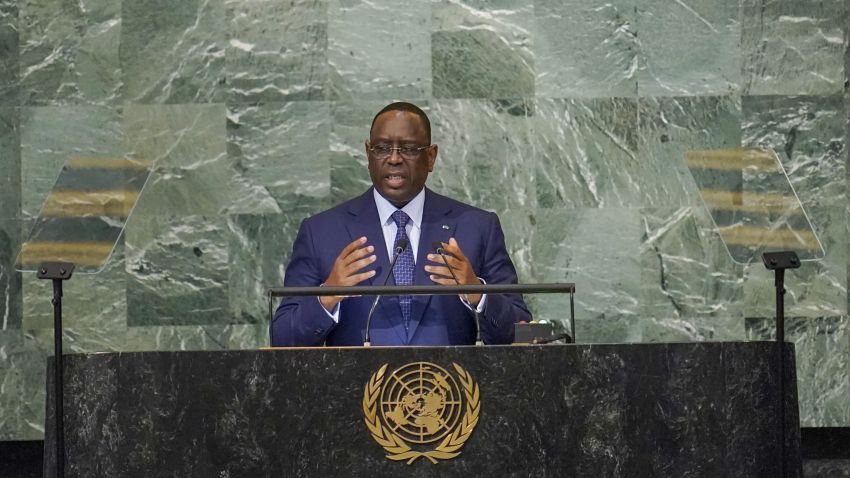The United Nations General Assembly opened this week amid urgent and contentious global challenges, including the war in Ukraine, environmental disasters, economic instability, a global cost-of-living crisis and democratic erosion, as well as multiple ongoing civil wars and conflict.
As the Ukraine conflict has deepened existing fissures in the global order while opening new ones, a major theme this week from many U.N. members—including the body’s African states—was that geopolitical competition among the great powers is obstructing the multilateral cooperation needed to tackle these global challenges.
In their speeches to the General Assembly this week, African leaders shared a common theme of the continent’s place in the world, while emphasizing a message of equity and inclusivity in global governance, as well as more collaboration in the face of Africa’s mounting challenges. This was underlined by their now-familiar demands for reform of the U.N. Security Council, the most powerful organ in the international body.

